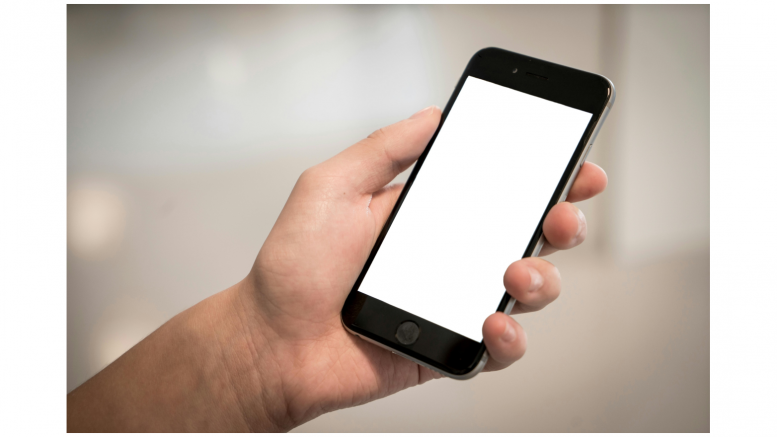When they said even the walls have ears, they didn’t mean it in absolute terms. Information doesn’t always travel through walls. In the same way, experiments with smart phones to test if they are listening to our conversations have not yielded consistent results for us to conclude that phones indeed listen to us, all of the time. At least not without our permission. Of course, when we start with Hey Siri!, Hello Google or Alexa, the phone is designed to listen to us and we are aware of this.
Phones do listen for us, but do they listen to us? What we do know, is that even without listening per se, our activities on our phones provide legitimate access to more data about us than we can imagine. Our likes and dislikes, where we travel, what we buy, how we buy, how often we do it, our sleeping patterns, our health concerns, the people we love and in all possibility the people we dislike are just a few of the things our phones can be used to better understand than the people who love us or live with us. Phones can also be used to ascertain who the other smartphone users are that we spend the most time with in physical proximity. Point being, they have enough data on us without needing to also listen to us clandestinely.
Question is whether this is creepy or useful for us? Personally I like that if I am looking to purchase running shoes, I see all kinds of options for running shoes. Problem is I still see those ads even after I have purchased the shoes. So much for having data about me!
Whether we like it or not, it doesn’t look like we will be able to escape having to adjust to compromised ‘privacy’. However, there are ways to control it. We can adjust how much our phone listens to us by taking the effort to go onto ‘settings’ and look into each app and switch audio permissions. However, when we do that, it compromises our experience of the app. For instance, we won’t be able to send voice texts. Voice messaging has been a boon to people who don’t enjoy typing or don’t know English. Voice texts also help convey things with lesser chances of misunderstandings caused by the open-to-interpretation tone of voice in plain texts. But to be able to use voice text feature we need to give the app the permission to use the phone mic.
So yes, we risk losing our privacy. But is this any more a matter of concern than eavesdropping neighbors and well, walls? Let’s face it, we are getting a truck load of benefits in return of phones gathering data on us. It remains to be seen if in the years to come, technology as well as humans will evolve in such a way that helps us have a better grip on ‘privacy control’. An unexpected trend that we have been hearing about is the reversal to feature phones. Fondly known as dumb phones. Dumb phones allow us to be contactable, but prevent apps from using us. Or us from using apps.
Quick service apps like Swiggy and Blinkit, on demand taxi services like Rapido and Namma Yatri, the one and only Google Maps etc are all great inventions but it seems unfair that to be able to benefit from them, we have to adjust to our privacy being compromised with the anxiety over being listened to and all our movements being carefully recorded and analysed. But if we think about it in this way that it is all used to serve us better or advertise to us, more relevantly, and not to judge us like eavesdropping neighbors are known to do, it may be seen as a consolation. Privacy as a concept is changing. In the years to come, humanity may indeed adjust mindsets to cope with this price it pays for a fantastically more convenient life.
The views and opinions published here belong to the author and do not necessarily reflect the views and opinions of the publisher.



Be the first to comment on "The phone has ears"